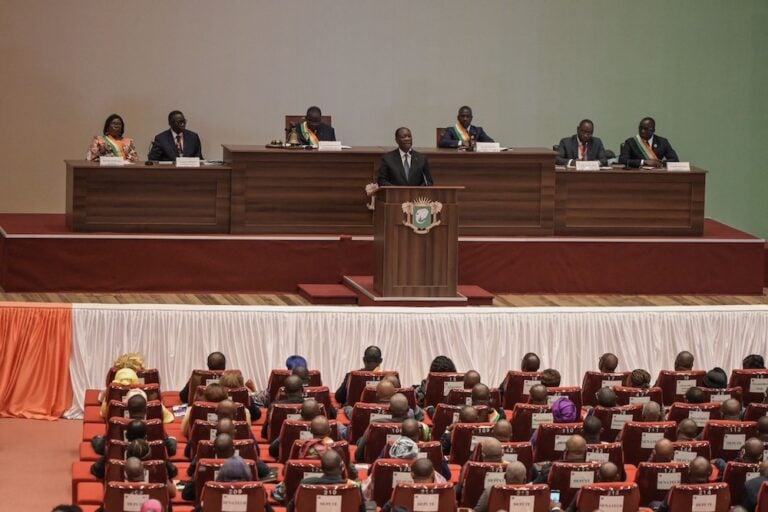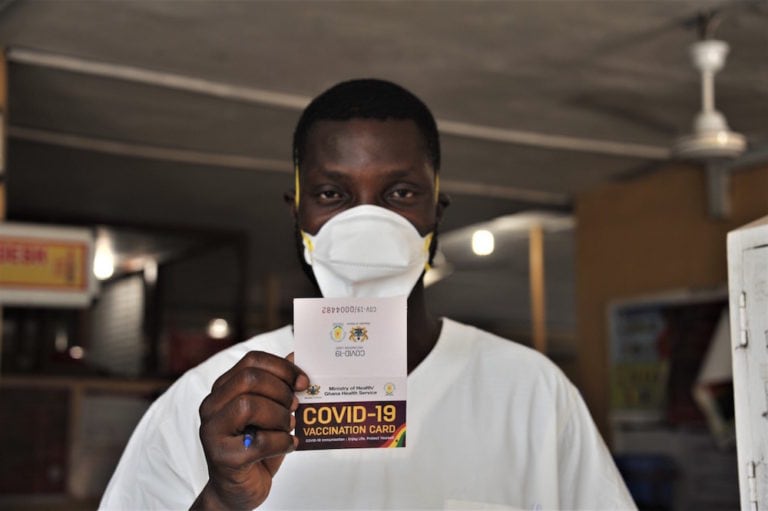(MFWA/IFEX) – The National Council for Broadcast Communication (Conseil national de la communication audiovisuelle, CNCA) has asked the United Nations Operation in Côte d’Ivoire (UNOCI) to suspend broadcasts on its ONUCI FM radio station until it receives express authorisation form the Ministry of Information. According to MFWA sources in Côte d’Ivoire, ONUCI FM had already […]
(MFWA/IFEX) – The National Council for Broadcast Communication (Conseil national de la communication audiovisuelle, CNCA) has asked the United Nations Operation in Côte d’Ivoire (UNOCI) to suspend broadcasts on its ONUCI FM radio station until it receives express authorisation form the Ministry of Information.
According to MFWA sources in Côte d’Ivoire, ONUCI FM had already begun testing transmissions, and had launched a promotional campaign in the print and broadcast media prior to a planned official launch on 18 June 2004.
The CNCA, however, in an apparent move to preempt the launch, issued two successive communiqués, on 10 and 14 June, informing ONUCI FM’s management that the station had not been granted the licence to broadcast on the FM band in Côte d’Ivoire. According to the CNCA, it had detected signals from what it referred to as a “pirate radio” station on the frequency being sought by ONUCI FM, and warned that the “perpetrators” could face legal action.
Reacting to the threat, ONUCI FM spokesperson Jean Victor N’Kolo argued that ONUCI FM was not obliged to follow installation and broadcast procedures to which local affiliates of national radio stations are subjected. He suggested that UN Security Council resolution 1528 of 27 February, which established the UNOCI, constituted a sufficient mandate for setting up the station. Resolution 1528 provides that UNOCI’s mandate shall include the promotion of an “understanding of the peace process and the role of UNOCI among local communities and parties, through an effective public information capacity, including the establishment, as necessary, of a United Nations radio broadcasting capability.” The UNOCI argument is further strengthened by the Security Council communiqué of 25 May, which called on the UN “to establish its broadcast capabilities [in Côte d’Ivoire] without delay.”
The government appears to be wary of ONUCI FM operations because of the exposure and airtime that might be given to the New Forces, the former rebel forces who still control most of northern Côte d’Ivoire.


